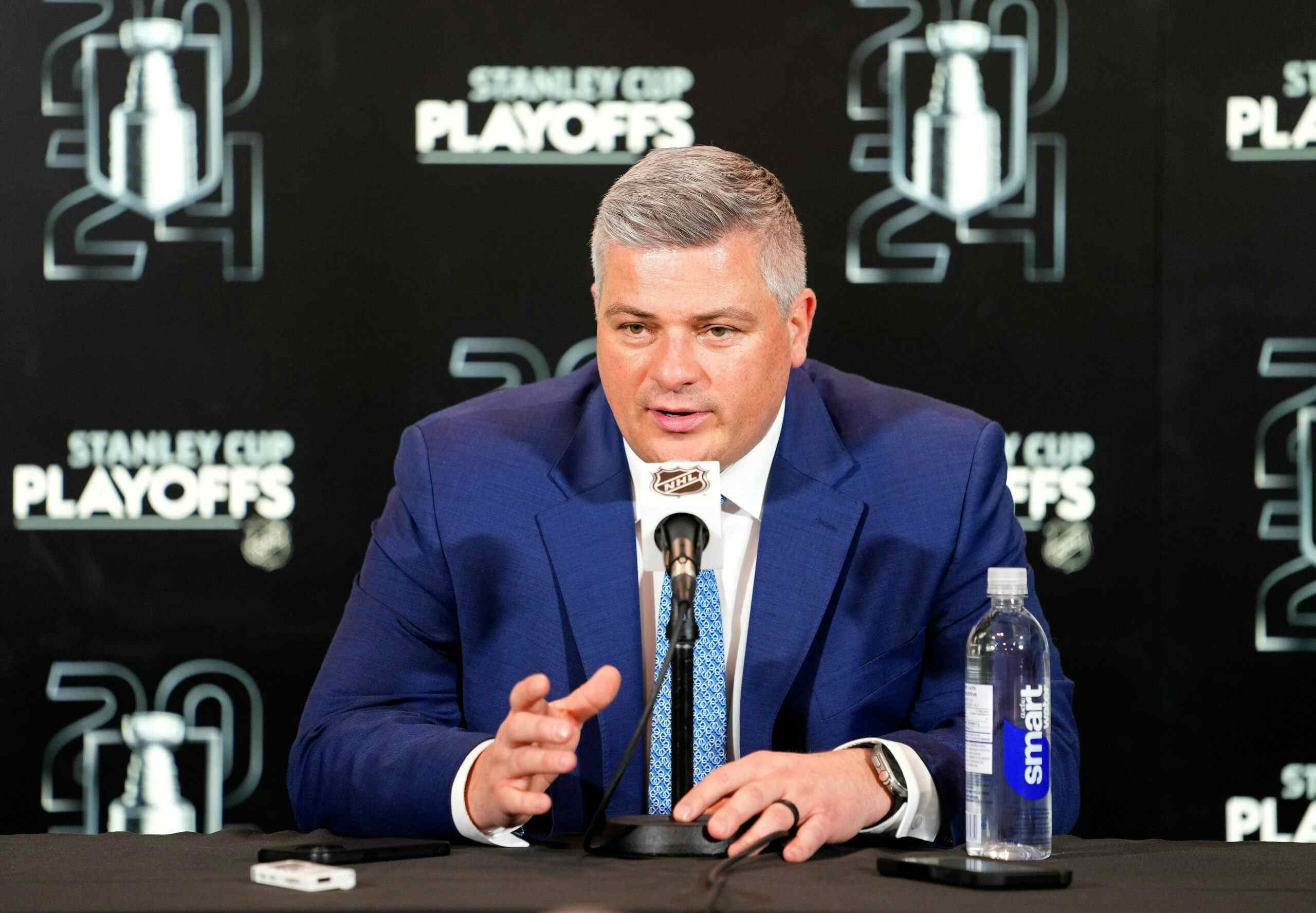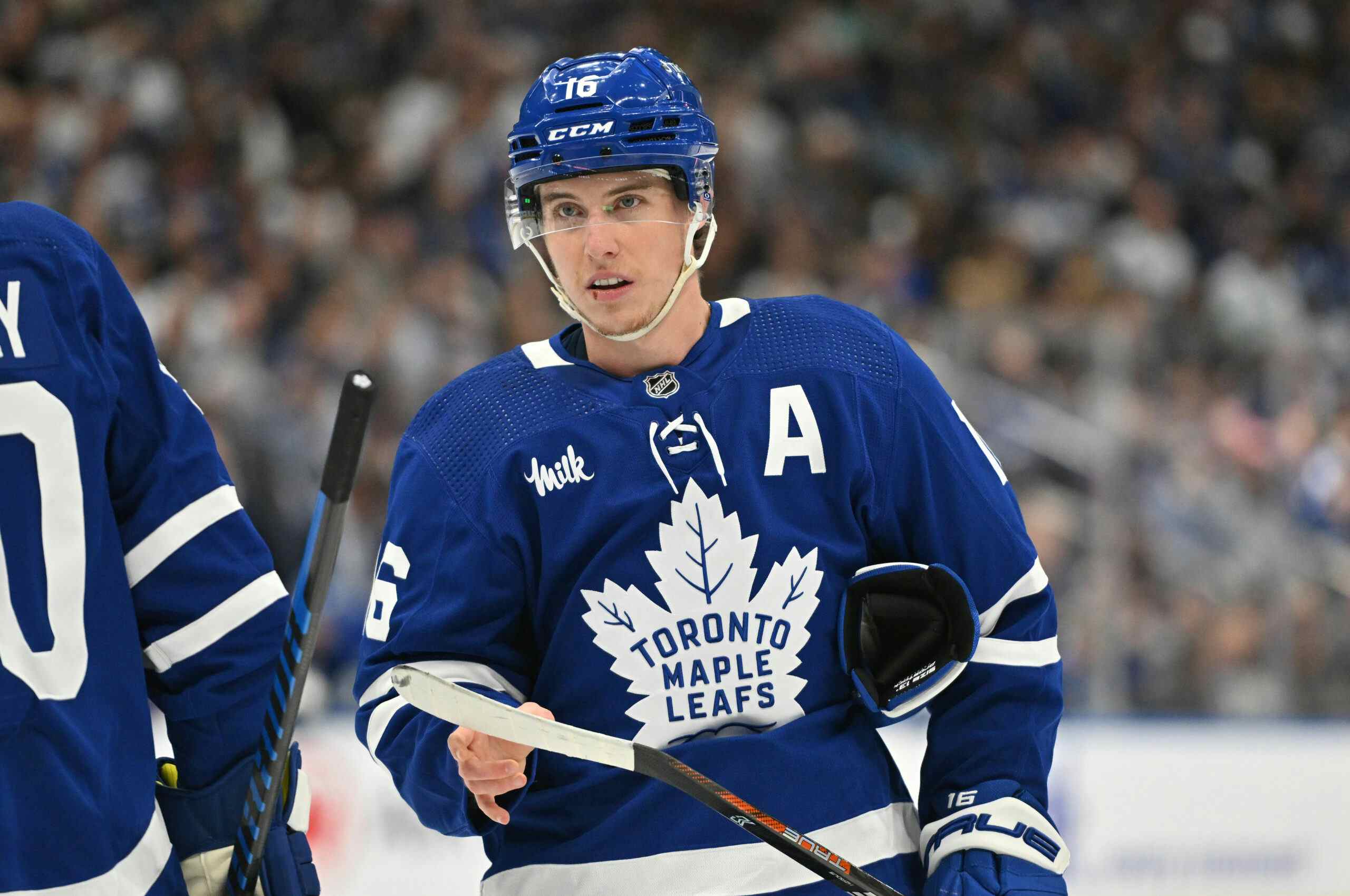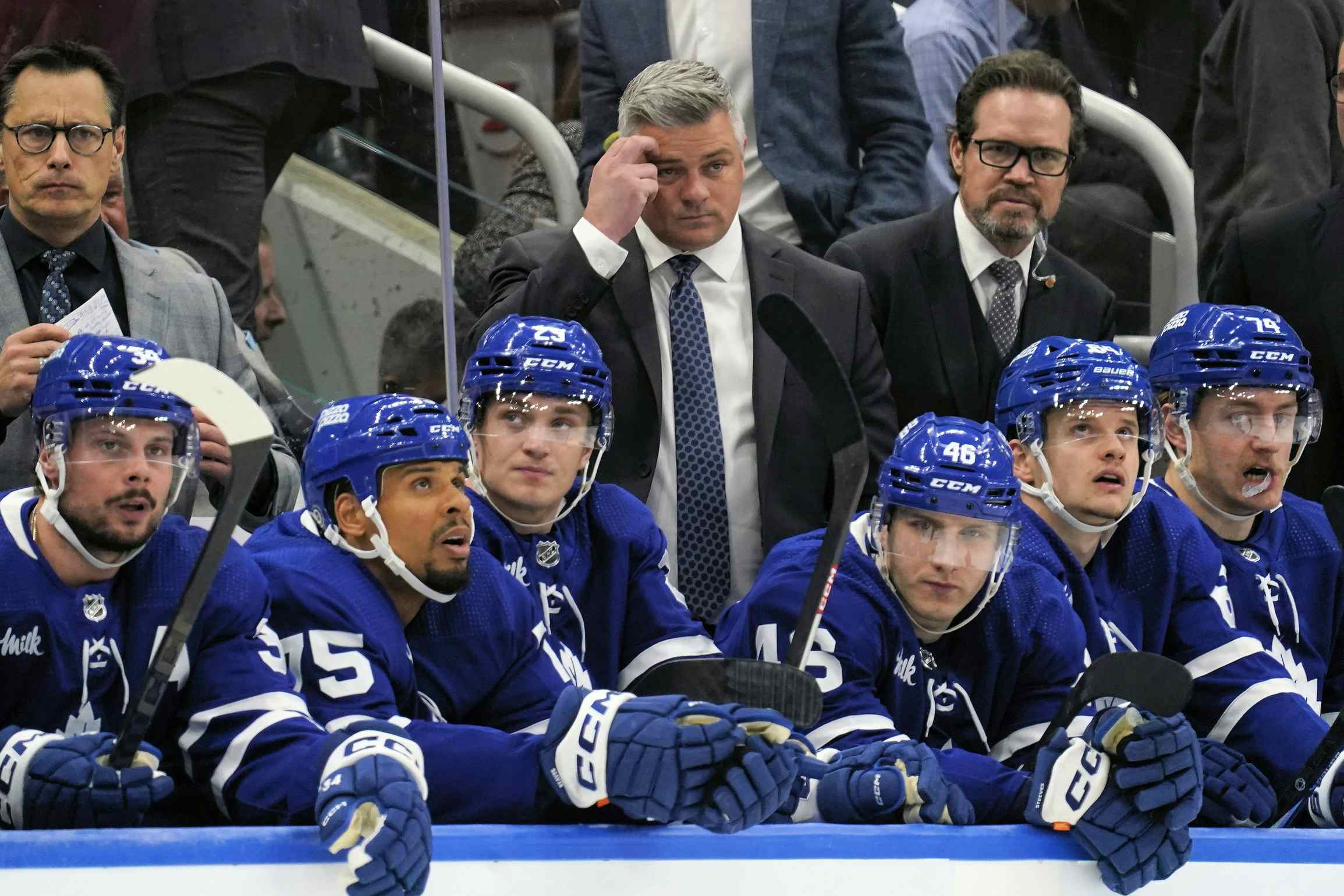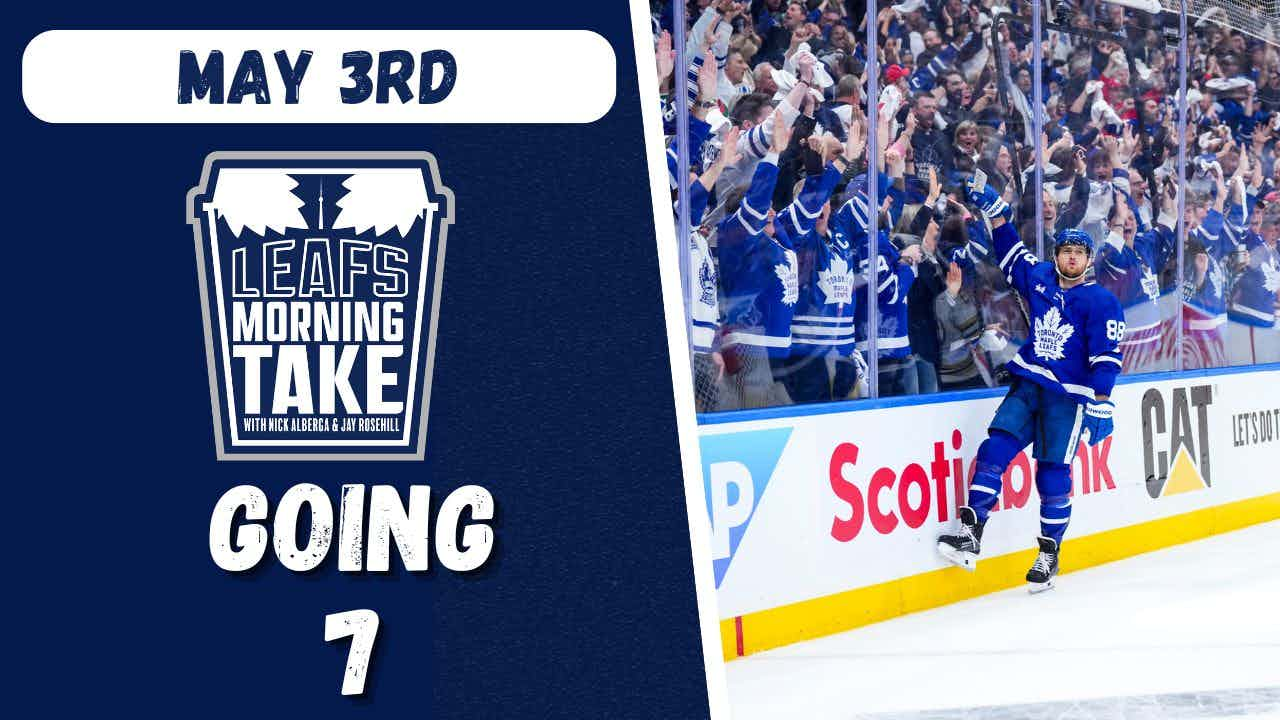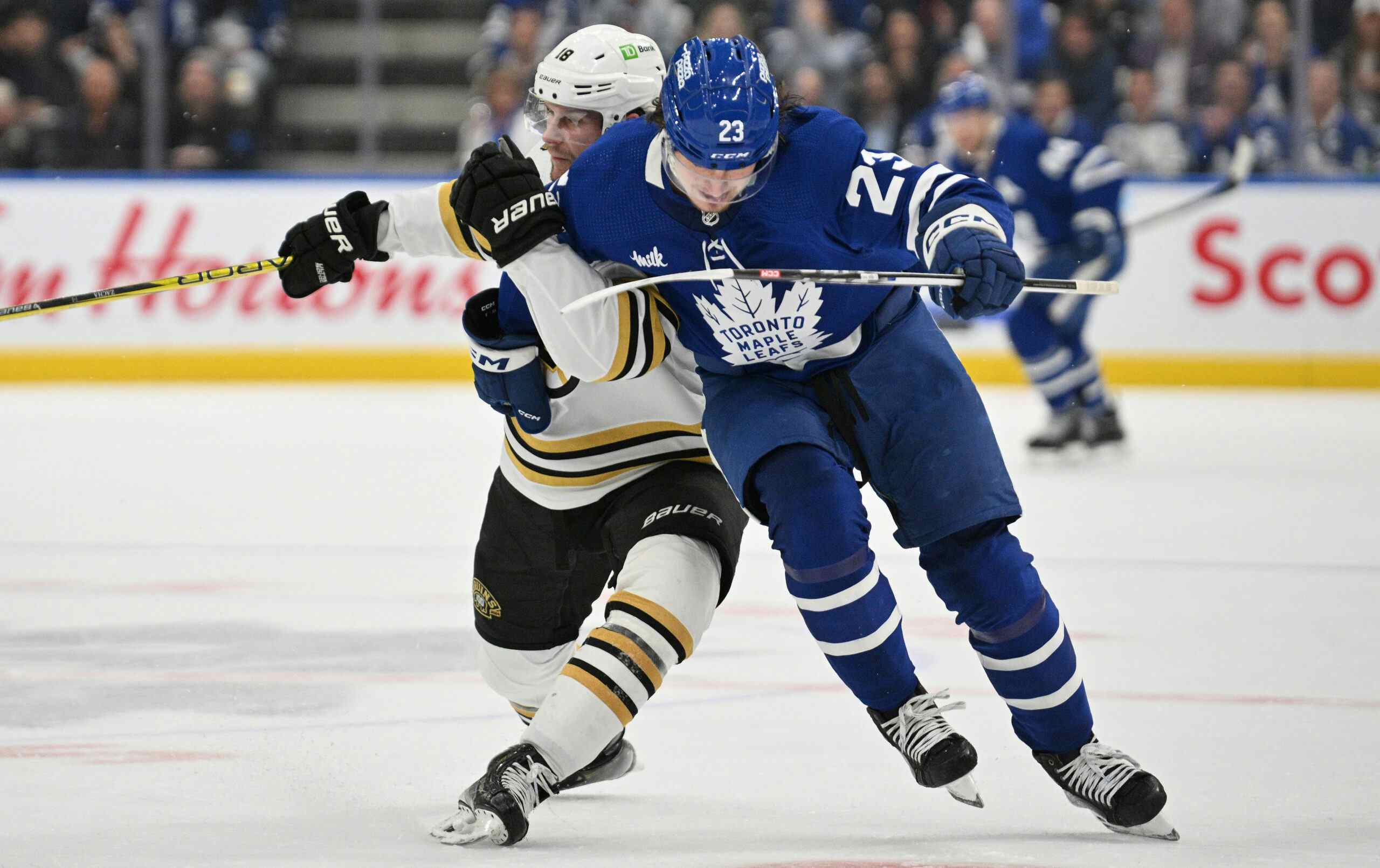Slicing and dicing: that expensive second contract
By Cam Charron
11 years ago
One of the craziest common questions circulating around during this period of labour uncertainty is that if the owners cry poor, then why are they still signing these players to huge contracts? The simplest answer is that the owners that are crying poor, aren’t exactly the ones signing teams to contracts.
The big deals signed by NHL players, the ones over $50M, are proportionally distributed with the top revenue teams in the NHL and, coincidentally, with the number of playoff berths:
| % of NHL Revenue | % of NHL Playoff Spots | % of $50M+ Contracts | |
|---|---|---|---|
| Top 10 revenue teams | 46% | 44% | 45% |
| Bottom 10 revenue teams | 23% | 25% | 20% |
That’s revenue from 2010-11, $50M contracts signed for the 2011-12 season and playoff berths for the 2011-12 season.
So that isn’t a case necessarily of revenue being an effect, not a cause, of teams signing big-money deals or collecting playoff gate receipts. I think it’s safe to say that even after the salary cap was instituted and with modest revenue sharing, the league is still tilted towards the big market teams.
Not to editorialize in this case here, that can be either a good thing or a bad thing (probably a good thing if you’re a fan of the Toronto Maple Leafs) but there’s more wiggle room for a misstep. You can offload a bad contract in the minors, you can afford to backload a long contract to lower the salary hit and keep players with your team playing for a far lower salary cap hit than they’re worth in exchange for physically paying them far more than they’re worth in a capped system.
Damien Cox wrote this today, giving credence to a pretty silly belief that’s been floating online:
When the Oilers drafted Taylor Hall first overall in the NHL draft two years ago, the new collective agreement seemed to ensure Hall wouldn’t be able to demand one of the bigger contracts in the game until 2017 at the earliest and only if his performance warranted such a deal.So how, exactly, can we explain the seven-year, $42-million extension signed by Hall on Aug. 22, three months before he even turns 21, a year before his first contract expires and five years before he could become a UFA?…This isn’t to slag the Oilers. Really, they were put in a tough spot by external market forces. Again.Still, these financial decisions, and their timing, less than a month before a lockout, really make it perplexing as hockey fans try to sort out the situation at hand.The last deal was done — theoretically— for teams like the Oilers, yet now it’s Edmonton choosing not to take advantage of the rules put in place. The richest team in Canada, the Maple Leafs, doesn’t have a single outstanding salary commitment in place anywhere close to that of Hall or Eberle despite having a superior team (albeit, also a non-playoff one) the last four seasons.Odd, really. Meanwhile, the Oilers and Leafs and 28 other teams are jointly demanding enormous concessions from the NHL Players’ Association.
The external market forces didn’t necessarily put the Edmonton Oilers in a bad spot, their own crummy management did that, and it’s thanks to the fact that the market has gravitated towards giving star players their first big contract on their second deal that the Oilers were able to afford to lock up their Taylor Hall and Jordan Eberle for their prime years.
Now, unless Damien Cox is suggesting that the owners collectively avoid giving raises to players, something that is illegal until the current collective bargaining agreement that is still in effect until September 15, then the Oilers, and all these other teams that have been giving out massive contracts this offseason, are doing exactly what the 2005 CBA suggested they could do.
The agreement did everything it could. Revenues grew, player costs were dramatically cut. According to the post linked above, the salaries of the best players in the world have grown at a rate slower than the average player increase between 2004 and 2012. Edmonton is betting that these players, paid like 1a superstars, will be one day worth as much on the ice as the true superstars this league has the offer, the ones making the $50M+ contracts. I expect those will run unchanged in the next deal, particularly since so many of these stars have salary cap hits of over $6M already.
The agreement the NHL currently wants is designed to slice the costs on the next grade of player contract: the one for the lower-tiered first liners and second liners of the world, hovering between $4M and about $6M. It isn’t hypocritical for teams to be signing these deals right now—it would be illegal for them to agree to avoid doing it while the collective bargaining agreement is still in place. The owners signing the cheques have the right to be more discrete with their money than hockey’s moral police in the media.
Recent articles from Cam Charron

